 The need to create something ‘new’ usually comes with the thought that the thing that came before it, something ‘old’, did not work, isn’t working anymore, or is simply too old to use. Many companies the world over, recently founded or has been in years of business, startup or established, have at some point changed their tack – or pivoted, in startup-speak – in pursuit of more lucrative businesses, mostly because their previous direction was losing business sustainability.
The need to create something ‘new’ usually comes with the thought that the thing that came before it, something ‘old’, did not work, isn’t working anymore, or is simply too old to use. Many companies the world over, recently founded or has been in years of business, startup or established, have at some point changed their tack – or pivoted, in startup-speak – in pursuit of more lucrative businesses, mostly because their previous direction was losing business sustainability.
The recorded music industry was always an industry that relied on content to make its money, and thus tightly controlling the amount of recorded music copies that went out as a sale. The thing about the entertainment industry is that people get bored, so these industries always have to “pivot” to find something creatively new to sell to the market.
The eras of pop music show this – one day it was rock around the clock, then suddenly it’s disco time everywhere, and closer to home, Indonesia’s going through a K-pop inspired phase after a few years waving their hands to slow rock songs about heartbreak. And it takes a seasoned music producer to figure out what the next big hit will be, and how to ‘package’ music and music acts for pop consumption.
It also takes skill to efficiently manage production, from recording the songs, making the master, and handing it over for CD duplication and packaging. It takes skill to market it, and it takes skill to network with the media to ensure coverage.
Yet, for most of its history, the recorded music industry used the same business model. Record, duplicate, promote, sell.
Now obviously, I have written many times that times have changed. Pop music has always undergone change, as new generations of music listeners are born and somehow don’t listen to the same things their parents do. But the changes to the business side did not change as fast as the music did – if ever, the business ecosystem constructed through finding acts, producing their records, setting them up for promotion & marketing and pushing the sales at the record store became stronger and stronger. Well, until people stopped buying records.
An interesting discussion about the current generation of music consumers versus artists supposedly impacted by piracy has been going on over in the US, somehow in parallel to the discussion around music and piracy we have been having here. The main conclusion is the same, in my view: there’s a whole generation who are willing to pay for access to music, but probably not pay for CDs or even for single music downloads. Key word here being convenience. Cassettes and CDs were the convenient way to buy and own music back then, but how about now, when you can get almost anything from the internet?
The ‘old’ ecosystem relied on musicians (songwriters, artists, bands) – producers/record labels – album duplication factories – media (radio, TV, print) + music label marketing staff – CD stores. If that has not changed, it needs to change now. During the RBT era, it changed to musicians – music labels – media & marketing – telecommunication companies. So basically the same pattern, but with a different product. With the same result also – over-reliance on one product category is never healthy, and when the market loses interest, business is lost.
The stakeholders of the music industry need to take a step back and take a good look at the big picture – how will a new digital music ecosystem be like? What could take advantage of the power of the internet, yet not be too dependent on making money of duplication of recorded music? How does a consumer discover music in the internet era? What is the internet-age consumer willing to pay for?
Instead of thinking “what can I sell tomorrow”, it’s better to think “how can I lock in a consumer into my ecosystem, so that the consumer will spend money on my product”. The pattern – the ecosystem – needs to expand. It needs to know the consumer better, on how they think, what they need, and what they will be willing to spend money on. And the ecosystem should be ready for change, at least as fast as the internet changes.
So aside from the music industry skills I mentioned above, a skill to determine how to make money from this new ecosystem – perhaps even define it – would be as important as the skill to discover and break new bands/acts as well.
But like those bands or acts, a seemingly overnight sensation takes much longer than one night to build.
 Ario is a co-founder of Ohd.io, an Indonesian music streaming service. He worked in the digital music industry in Indonesia from 2003 to 2010, and recently worked in the movie and TV industry in Vietnam. Keep up with him on Twitter at @barijoe or his blog on http://barijoe.wordpress.com.
Ario is a co-founder of Ohd.io, an Indonesian music streaming service. He worked in the digital music industry in Indonesia from 2003 to 2010, and recently worked in the movie and TV industry in Vietnam. Keep up with him on Twitter at @barijoe or his blog on http://barijoe.wordpress.com.

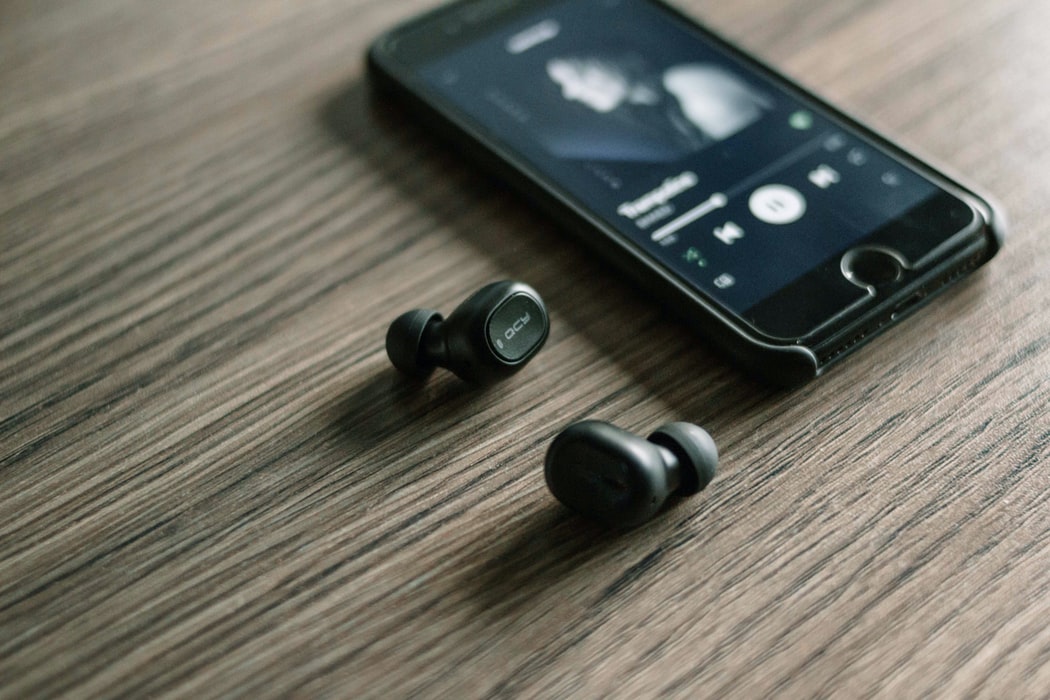

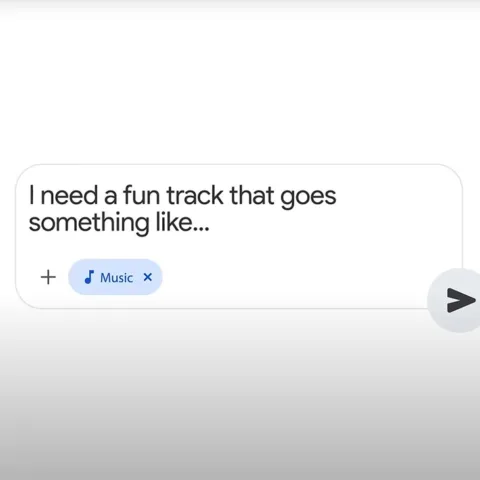
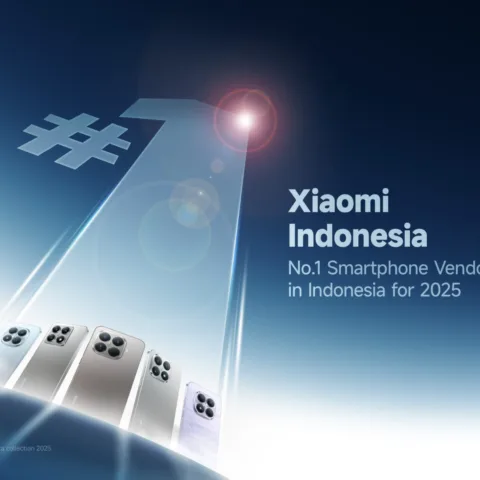
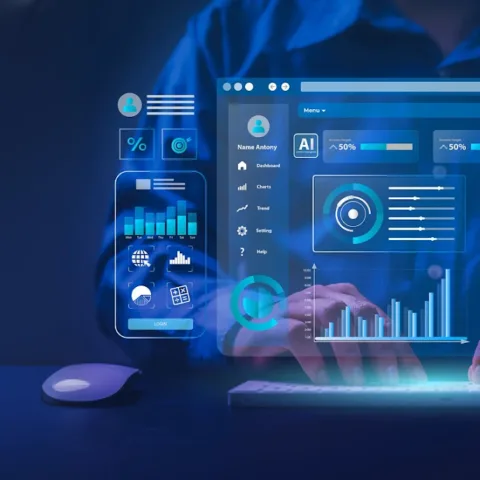
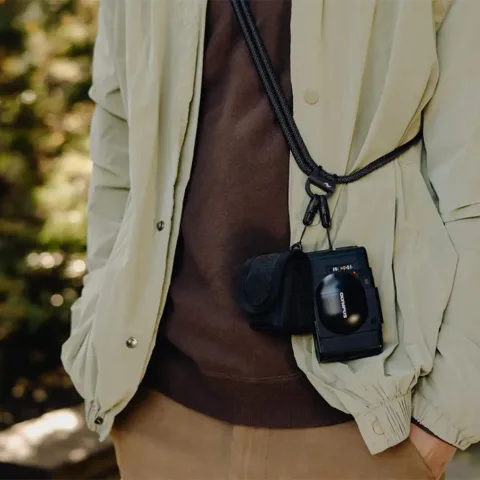
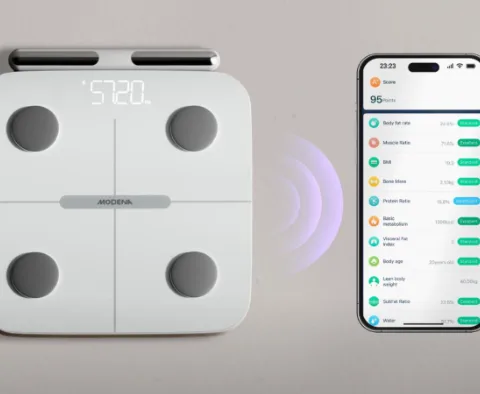

ecosystem then regulator… where are we now?